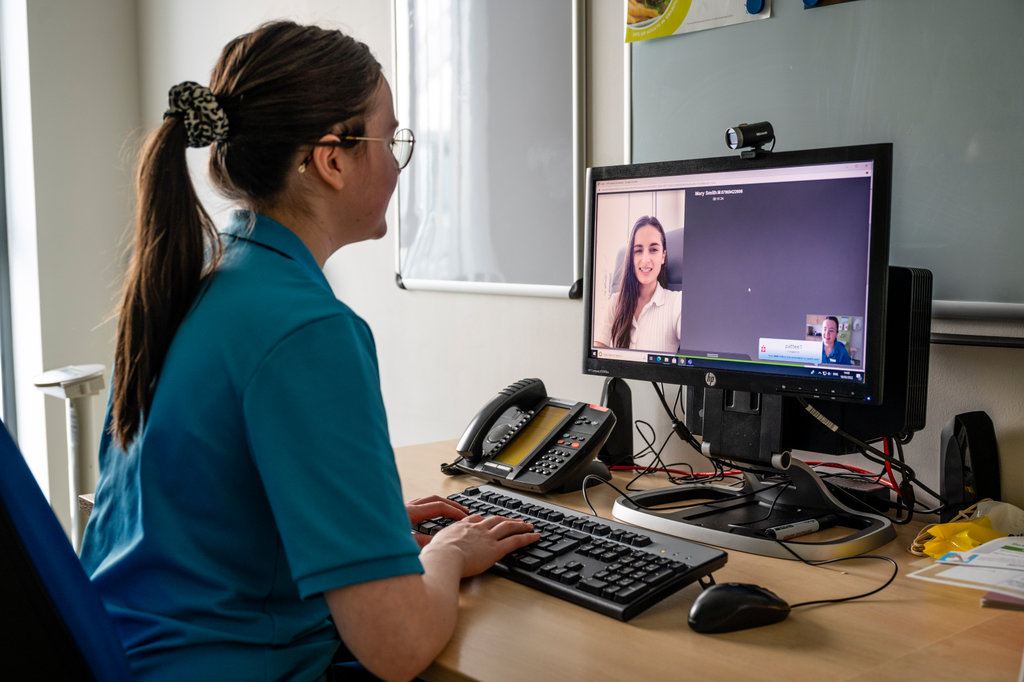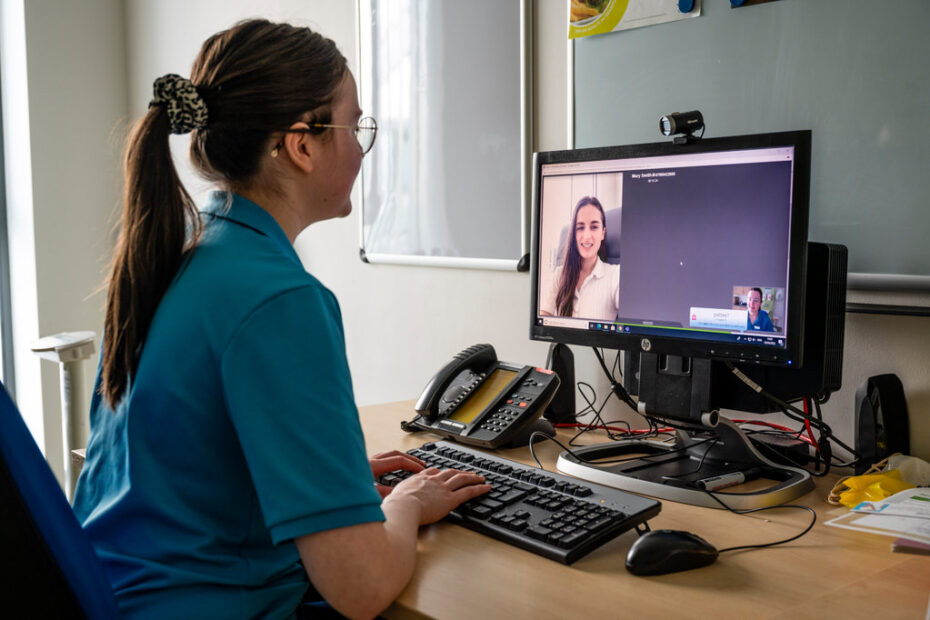
Almost 1.5 million consultations between patients and clinicians have taken place virtually in NHS Greater Glasgow and Clyde in the last two years.
Figures show that 1,250,000 telephone appointments were carried out after the Covid pandemic in 2022 and 2023, and a further 238,000 consultations took place by video.
It follows a patient survey that found 98 per cent of those who had a virtual consultation would do so again.
Virtual appointments can be beneficial to some patients, saving them time and money by reducing the need to travel to healthcare settings.
Patients can discuss the option of having a virtual appointment with their clinician, as NHSGGC looks to increase the use of video and phone consultations where clinically appropriate.
An evaluation of Near Me, the video platform used by NHSGGC and other public agencies to conduct appointments, found that 83 per cent of those who responded said it was easy to use.
More than half said it had helped save them time, and almost two thirds told how they would recommend Near Me to their family and friends.
Other benefits include offering greater flexibility to both patients and clinicians, with patients less likely to have to take time away from work, education or other responsibilities to attend hospital unnecessarily.
It is hoped that an increased use of video and telephone appointments will improve the way patients access services, and the way they are delivered.
Face-to-face appointments will always be offered to those who need them for reasons such as the requirement for a physical examination, or when complex information must be shared.
Dr Scott Davidson, NHS Greater Glasgow and Clyde’s Deputy Medical Director for Acute Services, said: “Virtual consultations make sense for a large number of patients and we would encourage people to ask their clinician if this type of appointment may be appropriate for them.
“Remote appointments, either by video link or by phone, allow us to deliver care to patients while they remain at home.
“This reduces the need to ask them to make what could be a substantial journey to a hospital or outpatient clinic to explain something in person which could have been done virtually.
“Some appointments will of course require to be face-to-face, such as when a physical exam is necessary, and we want to assure patients that their consultation will only ever be offered virtually where it is clinically appropriate.”

